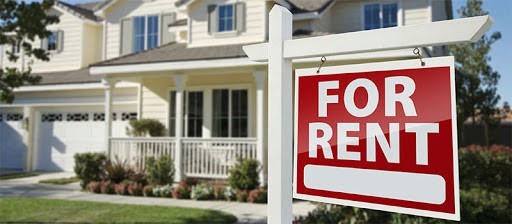
Perhaps you’ve seen a distressed property with a ton of obvious potential, and been tempted to renovate it as an investment property. Or maybe you are ready to move into a new home, but are considering keeping your prior residence for use as rental property. Owning rental properties can be a solid addition to your financial portfolio, providing seemingly effortless income. On the other hand, when something goes wrong with a property you are renting, you could be on the hook for major repairs. If you are considering a leap into the landlord business, read on for a few helpful tips.
Price it Right
Unlike shoppers looking to buy a house, renters know they will rarely be able to negotiate the listed price on a rental. Do your research and see what houses of a similar size are renting for in your area. You’ll want your price to be fair but competitive. If your price is too high for what you are offering, renters likely won’t even look at the listing, especially if there are plenty of rentals available in your local market.
Don’t Overdo DIY
Many landlords try to handle all of the maintenance of their properties themselves in an attempt to save money and time. Even if you consider yourself pretty handy with a hammer, you need to realistically evaluate whether you can stay on top of these tasks yourself, especially if you are maintaining more than one rental property. Spring for a professional deep cleaning whenever your property has been vacated at the end of a lease, and consider contracting with a local firm to handle all but the most basic repairs.
Trust….but Verify
A thorough background check on every tenant is an absolute must to protect yourself and your investments. In addition to checking for criminal cases, you should pull the prospective tenant’s FICO score and call prior landlords and personal references. Evicting a tenant is a long and costly process, and can sometimes take months and require significant legal fees. It’s better in the long run for your property to sit vacant for a little while rather than allow a bad tenant in the door.
Insurance
Before you decide for sure that you want to venture into the business of investment properties, talk to your insurance agent about the type of policy you need and the amount of coverage you should have. Unexpected events do happen, and anything from an injury at your property or weather damage can impact you and your tenants. You’ll want to know for sure what is your responsibility and what should be covered by your tenants’ rental insurance.

